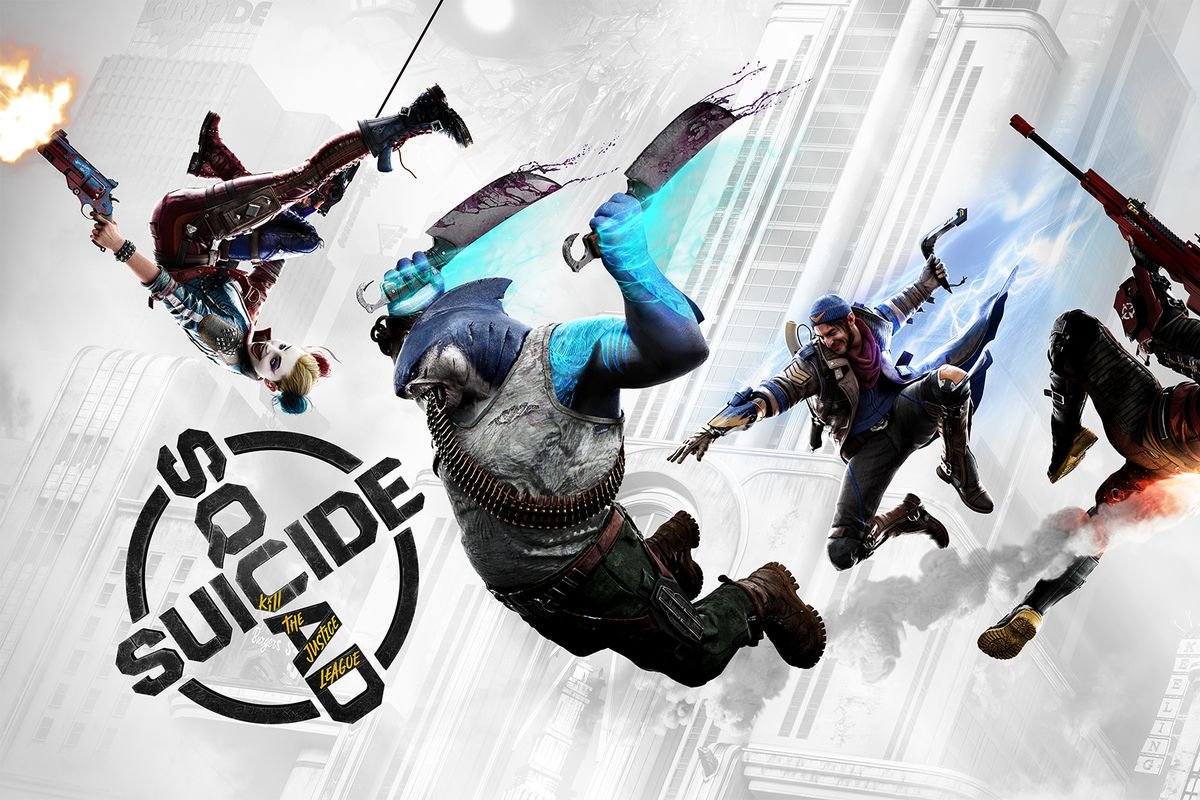Warner Bros. Discovery has acknowledged that the highly-anticipated “Suicide Squad: Kill the Justice League” has not met commercial expectations. This admission came during a recent financial call from the company.
Key Highlights
- Warner Bros. Discovery disappointed with sales performance of “Suicide Squad: Kill the Justice League”.
- Game received mixed reviews and low user ratings.
- Technical issues and a lackluster story may have contributed to underperformance.
- Warner Bros. remains committed to supporting the game with updates and potential expansions.
Mixed Reception and Technical Issues
“Suicide Squad: Kill the Justice League” was released in May 2023 after considerable hype. However, the game faced immediate criticism from players and critics alike for its repetitive gameplay, a forgettable story, and technical glitches. The game’s user ratings on platforms like Metacritic remain low, indicating widespread dissatisfaction.
Chief Financial Officer Gunnar Wiedenfels did not offer specific sales figures but expressed Warner Bros.’ disappointment in the game’s performance. This follows on from the initial mixed reception, highlighting the game’s issues have had a significant impact.
Delving Deeper into Criticisms
- Repetitive Gameplay: Expand on how players found the core gameplay loop of “Suicide Squad: Kill the Justice League” monotonous. Were there few enemy types? Did mission design suffer from a lack of variety?
- Story and Characters Reviews have cited a weak main plot that didn’t add anything new to the Suicide Squad or Justice League lore. Was the writing lackluster? Did characters feel underdeveloped?
- Technical Issues: Go beyond general “glitches” Were performance problems severe for some platforms? Did bugs break quests or cause progression issues?
Industry Context
- Live Service Challenges: The “live service” model has both successes and failures. Compare “Suicide Squad: Kill the Justice League” to other live service games that struggled at launch, such as “Anthem” or “Marvel’s Avengers.” Mention games that did manage to turn it around like “No Man’s Sky” or “Final Fantasy XIV”
- DC’s Gaming Ambitions Discuss Warner Bros. Discovery’s goal to leverage its vast library of DC Comics properties into successful games. Have other recent DC games like “Gotham Knights” also received a lukewarm reception?
The Future of Suicide Squad: Kill the Justice League
- Potential Fixes: Speculate on what Rocksteady could do to fix the game. Will new characters, a drastic gameplay overhaul, or a narrative expansion be needed? Are these fixes realistic?
- Impact on DC Gaming: Could this stumble cause Warner Bros. to change their approach to DC game development? Will it impact future releases linked to the DC cinematic universe?
Live Service Model
“Suicide Squad: Kill the Justice League” follows the “live service” model, which means Rocksteady Studios, the developers, are expected to provide continuous updates, content drops, and support to keep players engaged over time. While this model has become increasingly popular in the gaming industry, it requires consistent player interest and a positive experience to be a commercial success.
Warner Bros. Remains Committed
Despite the setbacks, Warner Bros. Discovery seems committed to improving “Suicide Squad: Kill the Justice League”. The company may be hoping that additional content and patches will gradually turn the tide of public opinion and attract more players.
It remains to be seen whether the company will be able to revitalize the game or if player dissatisfaction has become insurmountable. The “live service” model holds the potential to turn around failing games, but only if developers can successfully address the core criticisms.



















